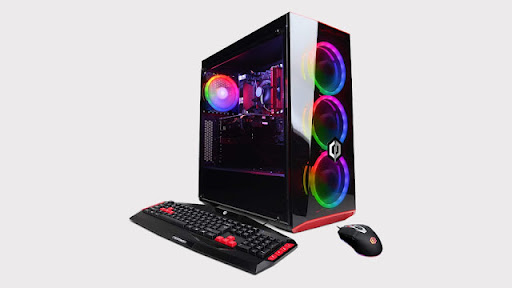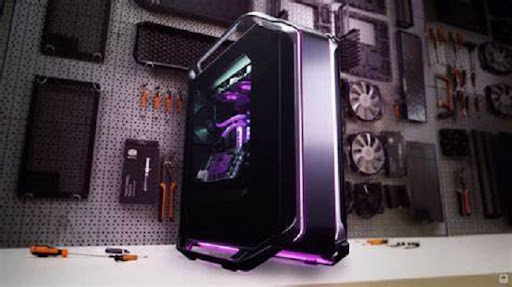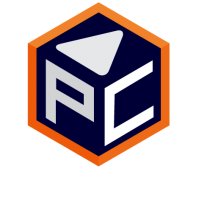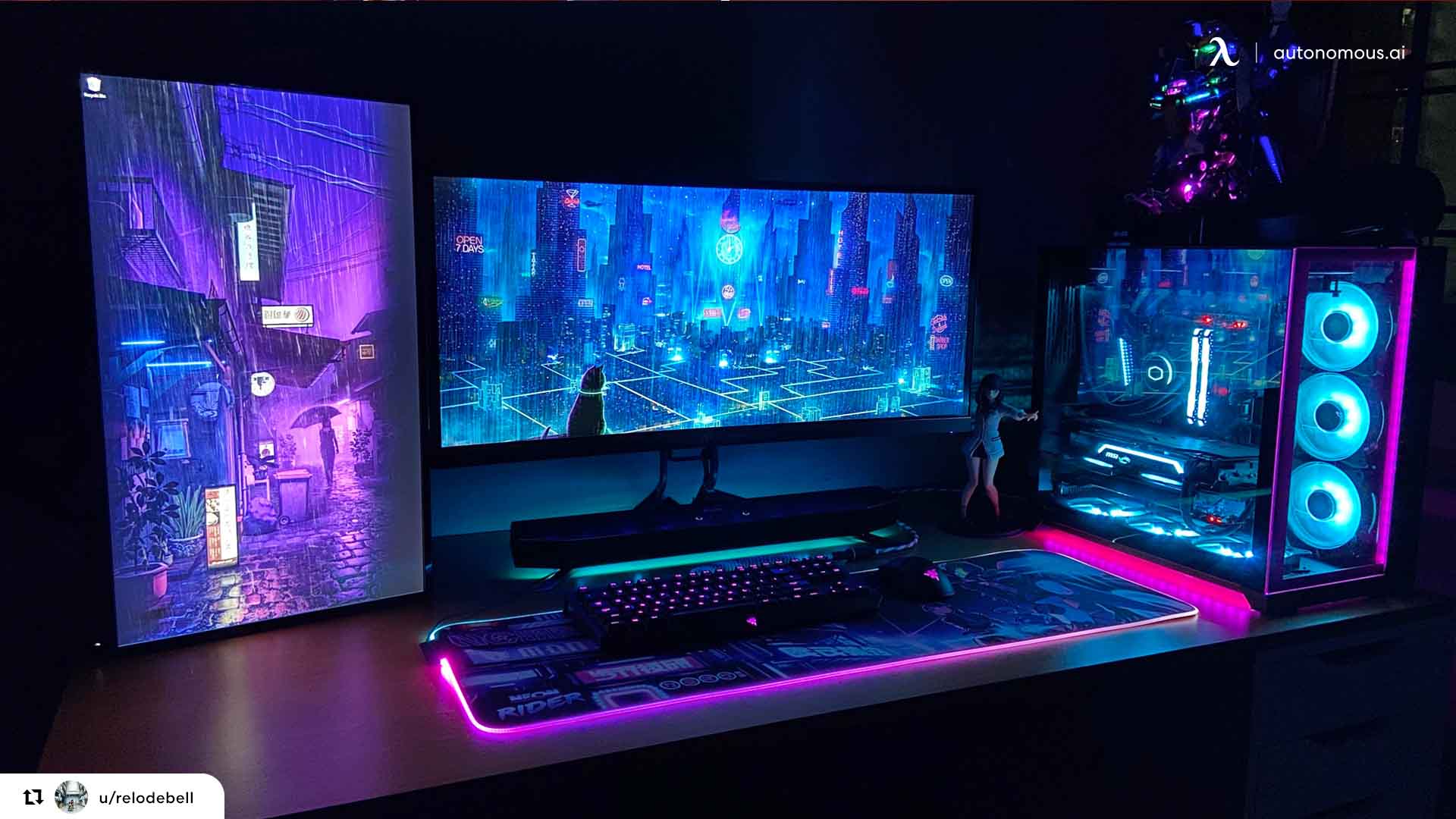There is no denying that our modern world’s technology is evolving. In our present times where technology runs rampant, the internet, mobile devices, and computers have also become vital parts of our lives. From home to office use, computers are important devices for an individual.
Having a computer is also an investment of some sort; each one wants to find the best. But, there are two main options to consider before owning a computer. Is buying better than building a PC or vice versa? Both buying and PC building have their pros and cons. There really is no rule of thumb here. However, deciding between the two requires research. To help you, below is a more comprehensive yet detailed advantages and disadvantages of each option.
An Overview of Personal Computers
As previously stated, there is no rule of thumb when it comes to buying or building a PC. This nifty gadget can be bought pre-assembled or built from scratch. Computers are unlike mobile phones and gaming consoles, the Steam Deck for example, that we usually buy as-is. Hence, it is imperative to consider several factors before deciding.

The first thing to consider is how are you going to use the PC? Will it be for basic functions like streaming movies, creating documents, and browsing the internet? Or do you plan on using it for extensive activities like playing modern games and rendering 3D models? This may be confusing and daunting but such questions are important when choosing between building a PC or buying it.
What You Should Know About Building a PC
One of the most interesting and personal decisions you can have is to build your PC. The process primarily involves choosing the different parts to your liking. Putting these parts together may or may not be done on your own. Building a PC, on the other hand, needs more effort to research and compare each part. Note that you still need to research each part when building one.
If you are unfamiliar with computer hardware, building a PC can be a daunting task. Seeing the fruits of your labor can be rewarding, though. Before choosing this option, check the reasons why you should or should not build one.
Why You Should Build Your PC
Below are the top reasons why you should opt to build your computer.
Customization
This is the biggest advantage per se. Nowadays, there is a wide array of options available for every PC part. This lets you create a machine that is equally powerful in terms of storage, usability, and performance.
Better Quality
Since you have chosen the peripherals yourself, you have a better understanding of each one’s efficiency. Hence, you know that the parts you bought can deliver and the overall quality of your PC is superb.
Diverse Options
As previously mentioned, building a PC requires putting together different parts such as Motherboard, GPU, Fans, etc. Having said that, you have many options in the market for each part. You can choose one that suits your performance needs and budget.
Cons of Building a PC
Just like there are pros, there are also disadvantages when building your own PC.
Requires knowledge and research
You must possess technical knowledge when assembling your PC. There are lots of parts to be put together and various brands or models for each part. Technical know-how is a must to avoid utter confusion and indecision.
User Error or Incompatibility Issue
Having little to no knowledge of a computer’s parts and respective functions could pose risks. One of the biggest risks is incompatibility. While it is true that PC parts from other brands can work seamlessly together, ample understanding is needed to make sure they are compatible. User error usually occurs during assembly. Unless of course, you are willing to shell out a couple of extra bucks to have someone pro build the computer for you.
Buying a PC is Also A Feasible Option
Buying a PC is an option that you should not disregard. Pre-built computers are still beastly machines in their own rights. Such computers are already tested and approved by manufacturers before being sold. But there are also advantages and disadvantages, which we will tackle below.

Pluses of Buying a Computer
Compared to building a PC, buying one does not need extensive research. Additionally, you do not need to invest a lot of time if you go with this option. Check out more pros below:
Lesser incompatibility risks
Pre-built computers are already machine-checked and manufacturer-approved. All parts, regardless of brand and model, put together are compatible. Your computer can run smoothly and deliver its utmost performance without jitters.
Less setup hassle
Perhaps the biggest benefit of buying a computer is you won’t spend too much energy and time setting it up. You only need to plug the machine into your power outlet, turn it on, and you are done!
Warranty
Building a PC also provides a warranty for all peripherals you bought. But, replacing or repairing each one can prove to be too much of a hassle. On the contrary, availing a warranty for a pre-built computer is rather easy. You need to call the seller or company to schedule repairs.
Reasons Not To Buy a PC
Just like purchasing a gaming mouse or keyboard, buying a PC also has its cons.
Fewer configurations
When you buy a pre-assembled PC, oftentimes you will not get your desired specifications and peripheral models. Regardless of whether the parts installed seamlessly work together, more often than not you will end up making do with said parts when you buy a pre-built computer.
Expensive
Buying a pre-assembled PC is costlier because you are also paying the company for assembly and overall machine warranty. Aside from that, the seller has already done the research and market hunt instead of you going through all these hassles.
Whether you plan on building a PC or buying stock, pros and cons exist. Ultimately, the choice is yours. As long as you consider everything, then you are good to go. Just as aforementioned, there is no right or wrong option here.




